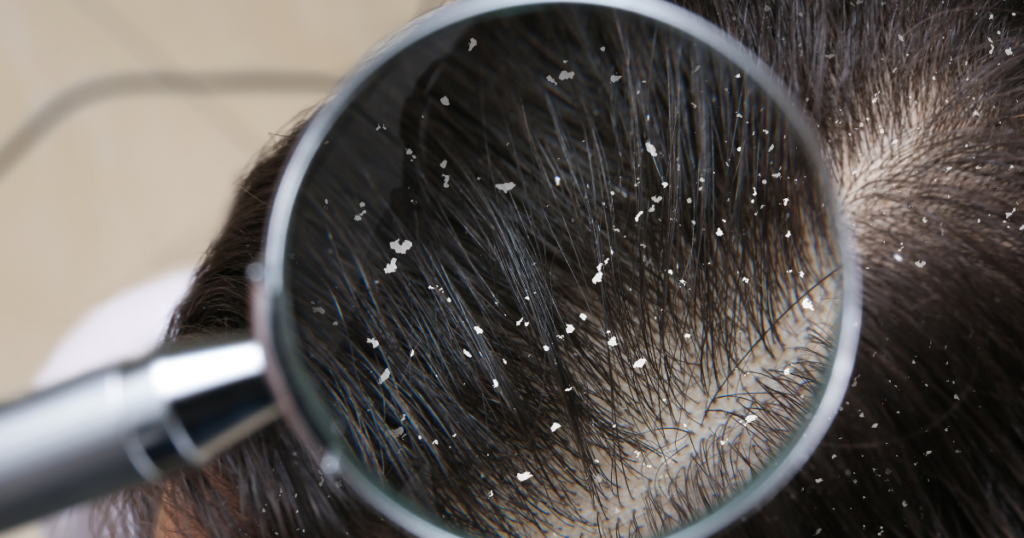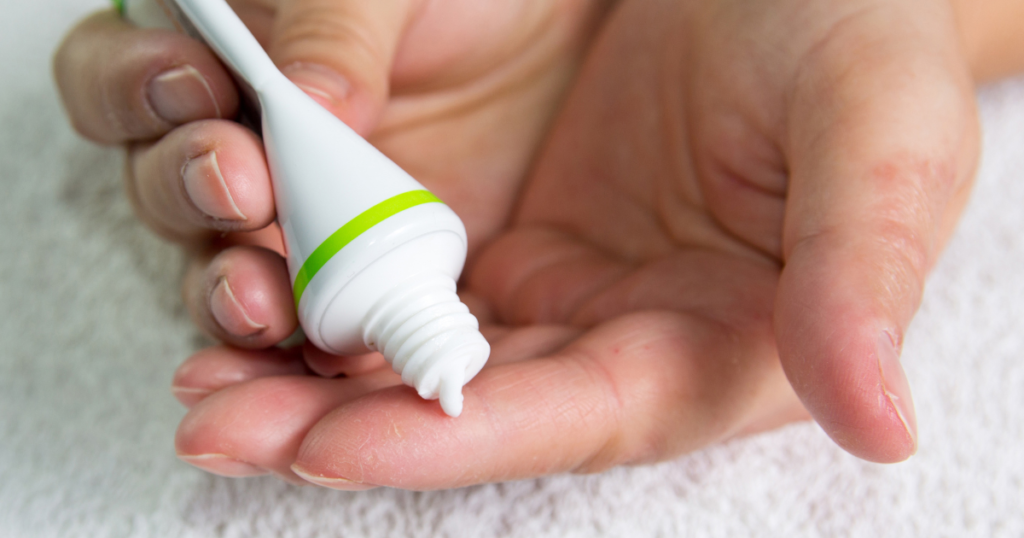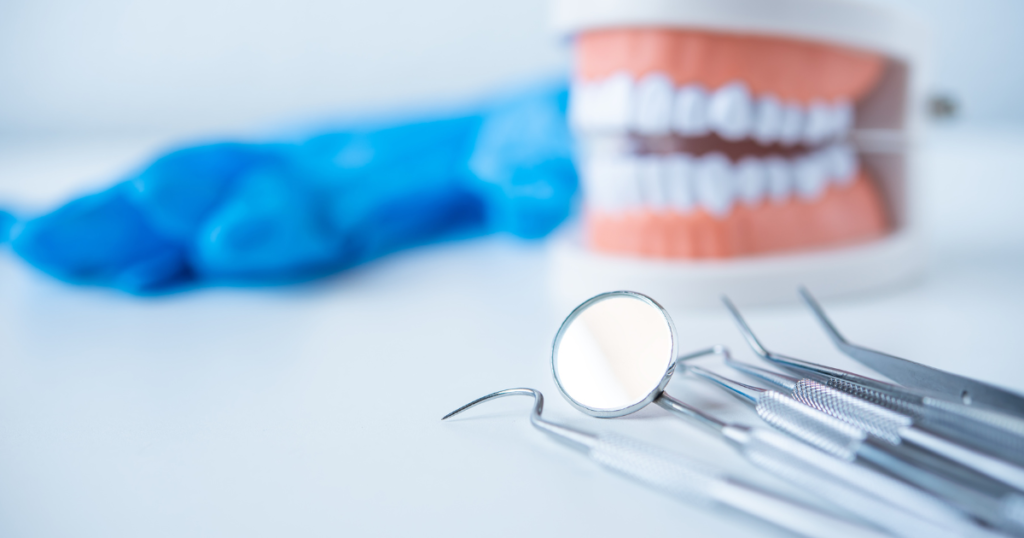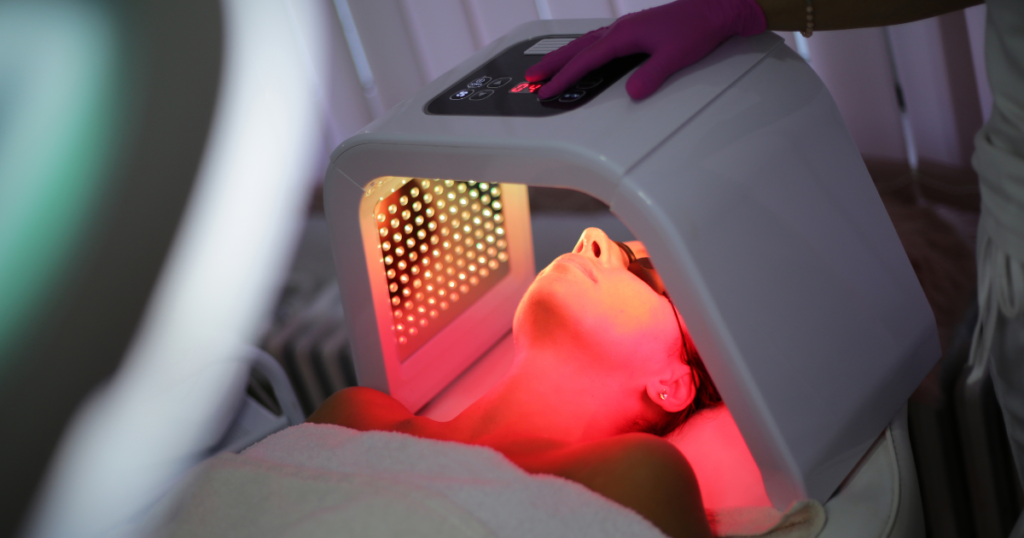Scalp Psoriasis Introduction:
Scalp psoriasis is a common skin condition that affects many people in the USA. It is characterized by red, scaly patches on the scalp that may cause itchiness, discomfort, and even hair loss. While there is no cure for scalp psoriasis, there are various ways to manage its symptoms and improve the overall quality of life. In this blog post, we’ll discuss five effective ways to manage scalp psoriasis in the USA.

Causes of Scalp Psoriasis:
The exact cause of scalp psoriasis isn’t yet known. However, it results from the overactive immune system that speeds up the growth of skin cells, which then pile up over one another. This buildup leads to redness, itching, scaling, and flaking. Some researchers also point out that heredity, smoking, stress, and weather conditions can trigger or worsen scalp psoriasis.
Symptoms of Scalp Psoriasis:
Scalp psoriasis may start as a mild case of dandruff or flaking, then grow to large scaly patches that cover most of your scalp. Other symptoms include:
- Redness and bumps on the scalp
- Itchy or burning sensation on the scalp
- Hair loss that follows scaling or itching
- Crusty or weepy sores that may bleed on the scalp
- Temporary soreness or swelling in the affected area
Treatment Options for Scalp Psoriasis:
Unfortunately, there’s no cure for scalp psoriasis, but with the right treatment, you can manage the symptoms. Some of the common treatment approaches for scalp psoriasis include:
Topical Ointments:
- Your doctor may recommend applying corticosteroid ointments, salicylic acid, tar, or calcipotriene to your scalp. These help to remove scaling, reduce inflammation, and slow down the production of skin cells.

Oral Medications:
- In severe cases, your doctor may prescribe immunosuppressant drugs, retinoids, or cyclosporine to help slow down your immune system and reduce inflammation.

Light Therapy:
- Also known as phototherapy, this therapy involves exposing your scalp to ultraviolet (UV) light to slow down skin cells’ growth. The best results come from a doctor-administered phototherapy procedure.

Shampoos:
- Medicated shampoos containing ingredients like salicylic acid, coal tar, and selenium sulfide reduce scaling, redness, and itchiness.

Managing Scalp Psoriasis:
Scalp psoriasis can be a lifelong condition, but one that is manageable. Some of the things you can do to manage your condition include:
- Avoid scratching or picking at the affected area as much as possible.
- Use mild and fragrance-free hair care products
- Keep your scalp hydrated and nourished with natural oils like coconut oil or aloe vera.
- Stay away from triggers such as cigarette smoke, stress, and cold weather
- See your doctor regularly for checkups and help with managing the symptoms of scalp psoriasis.
Conclusion:
Scalp psoriasis can be a life-damaging condition, but with the right treatment, it’s manageable. You need to observe the symptoms and seek treatment promptly in case of any unusual development. If the condition persists, see a healthcare practitioner who will diagnose and offer treatment to manage symptoms. It’s also vital to avoid triggers and keep your scalp hydrated and nourished. Remember, scalp psoriasis is a chronic autoimmune disease, and it may take time to get to manageable levels, but it’s worth it.